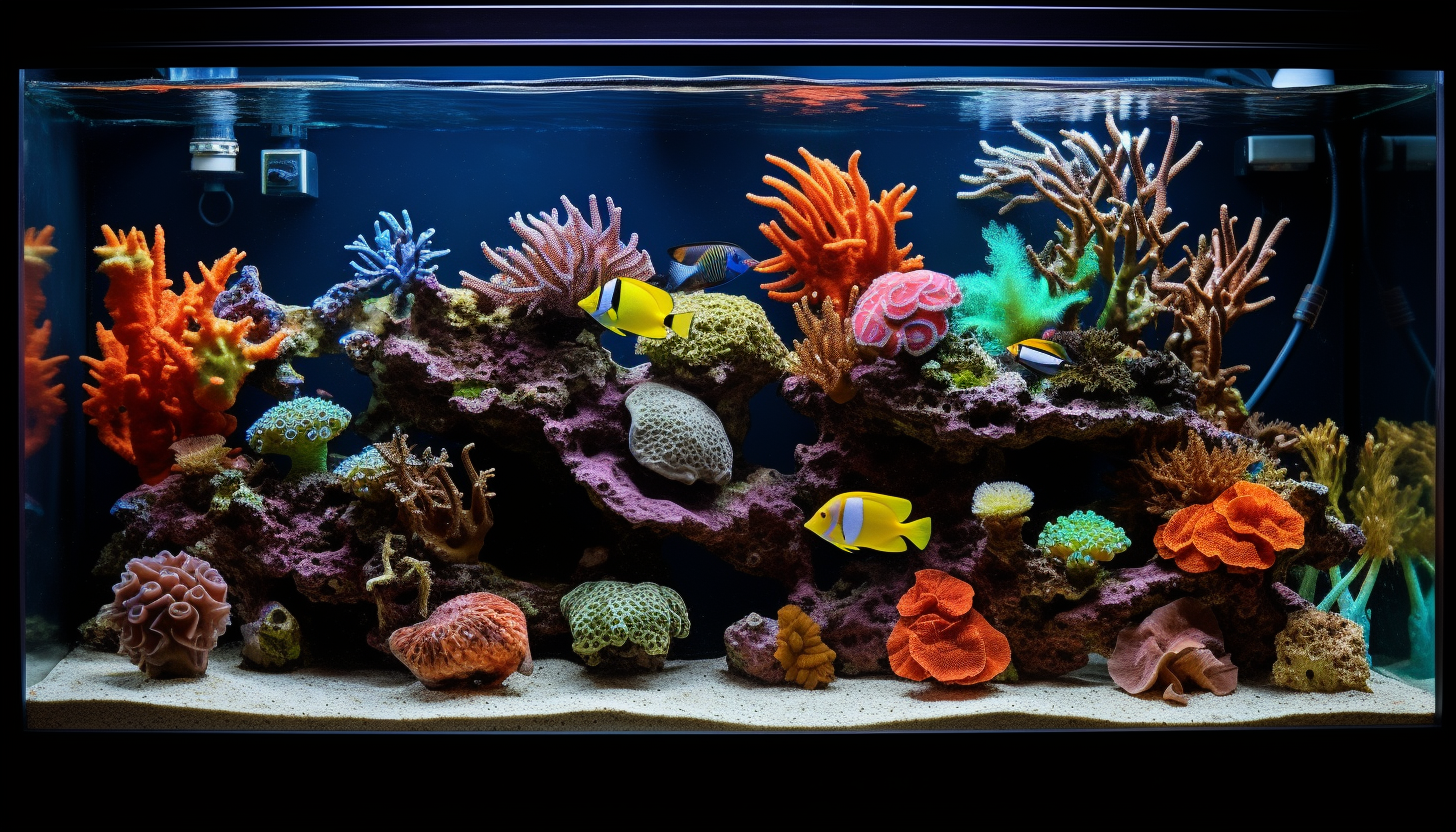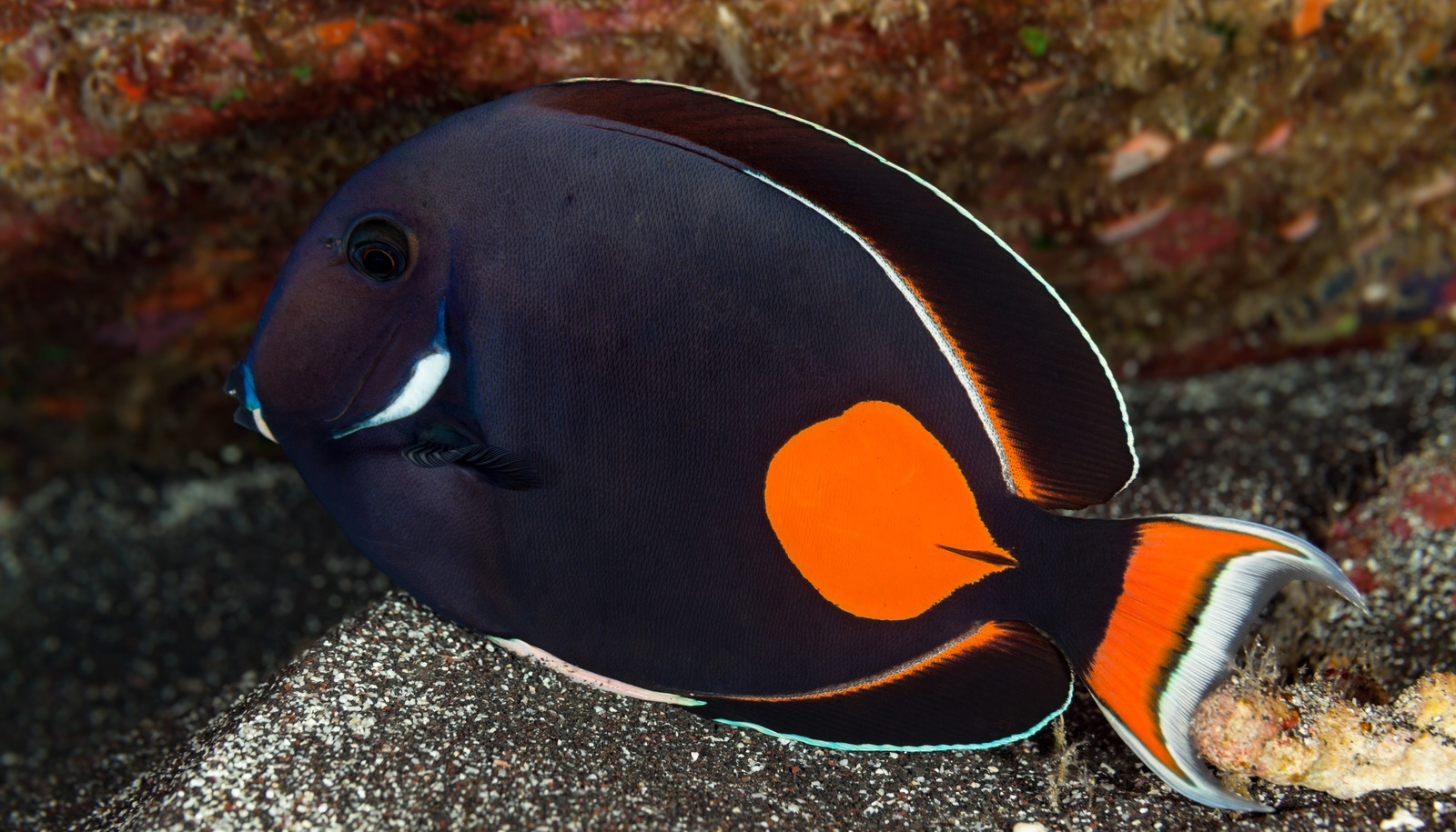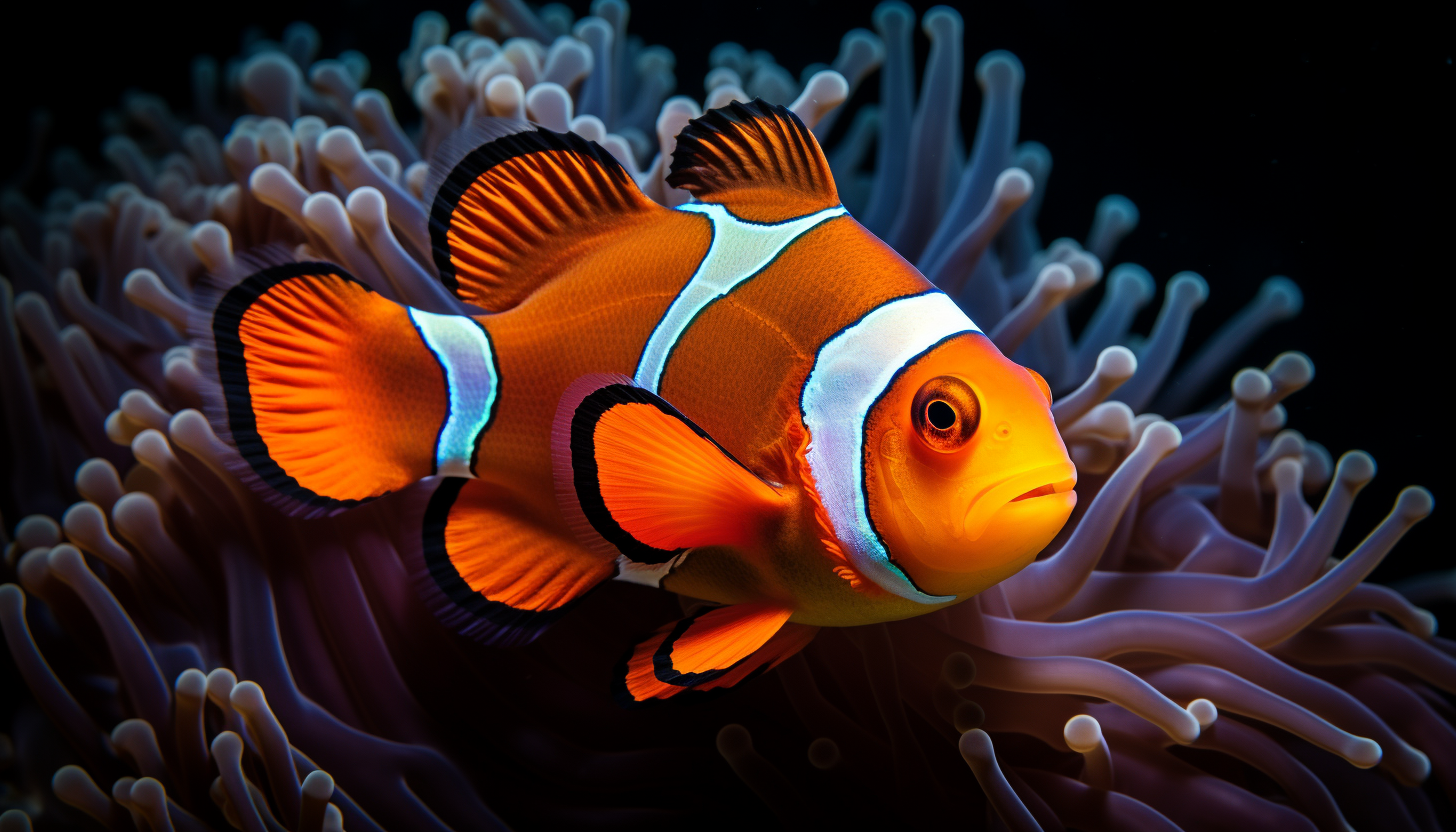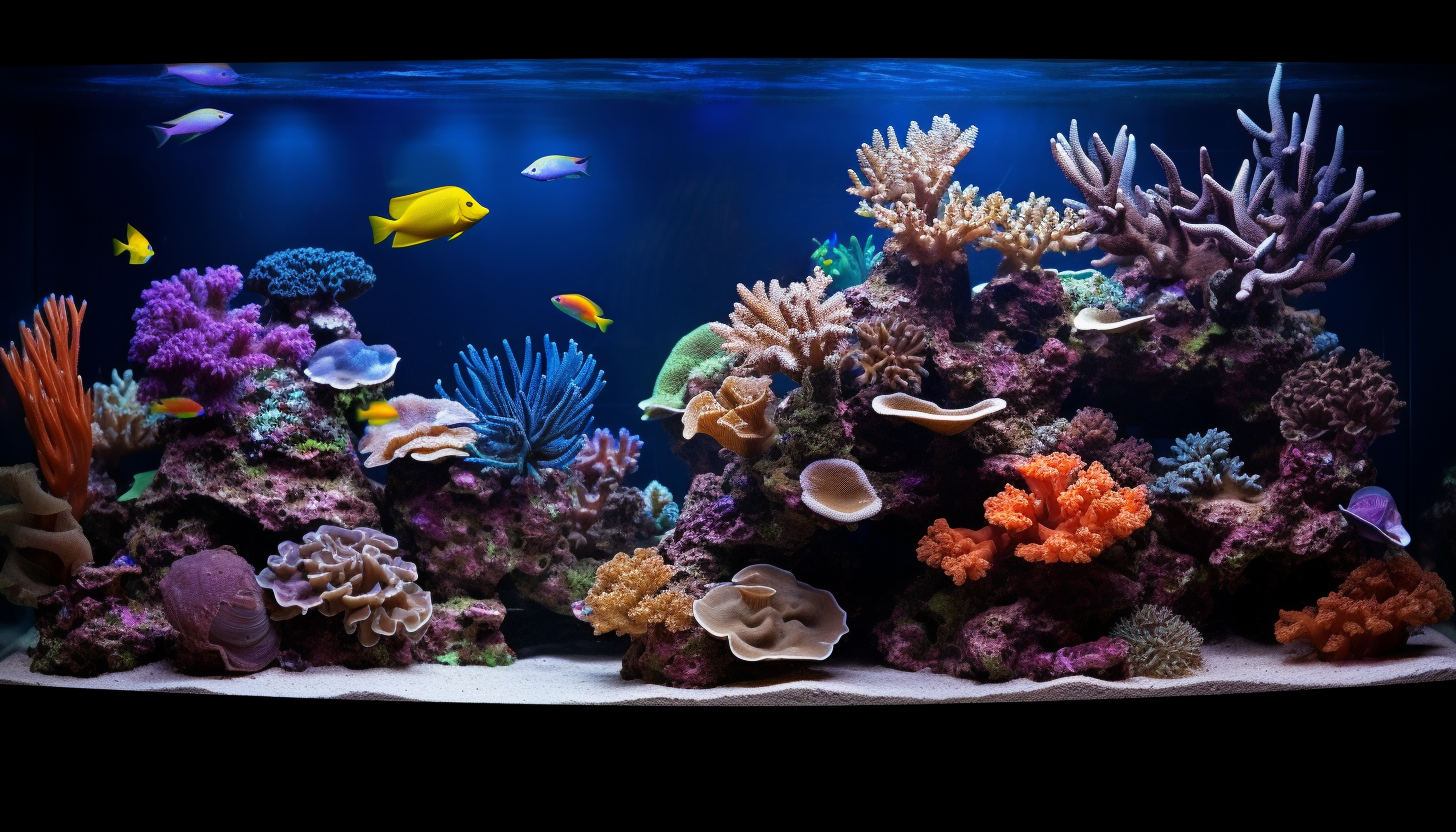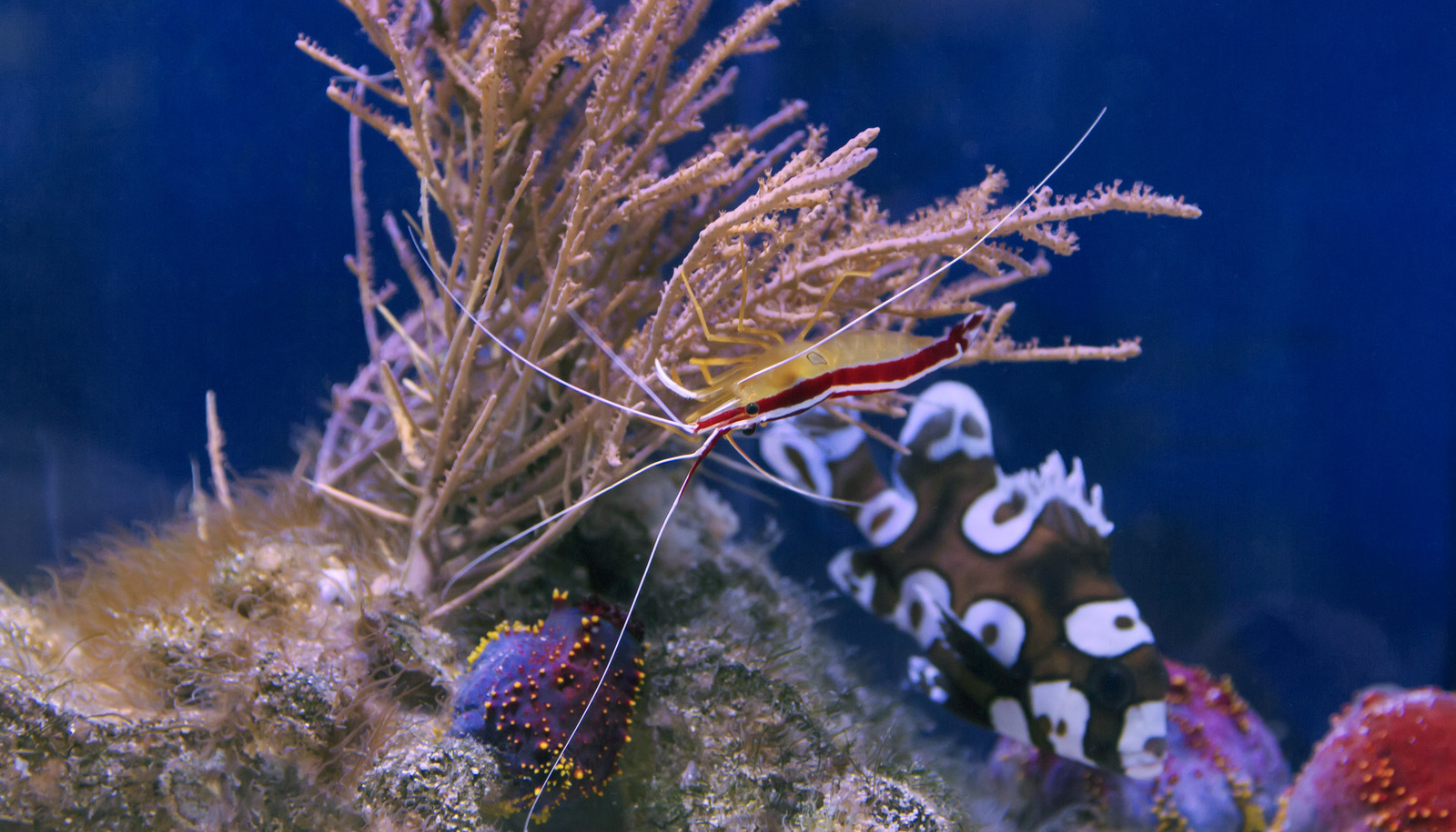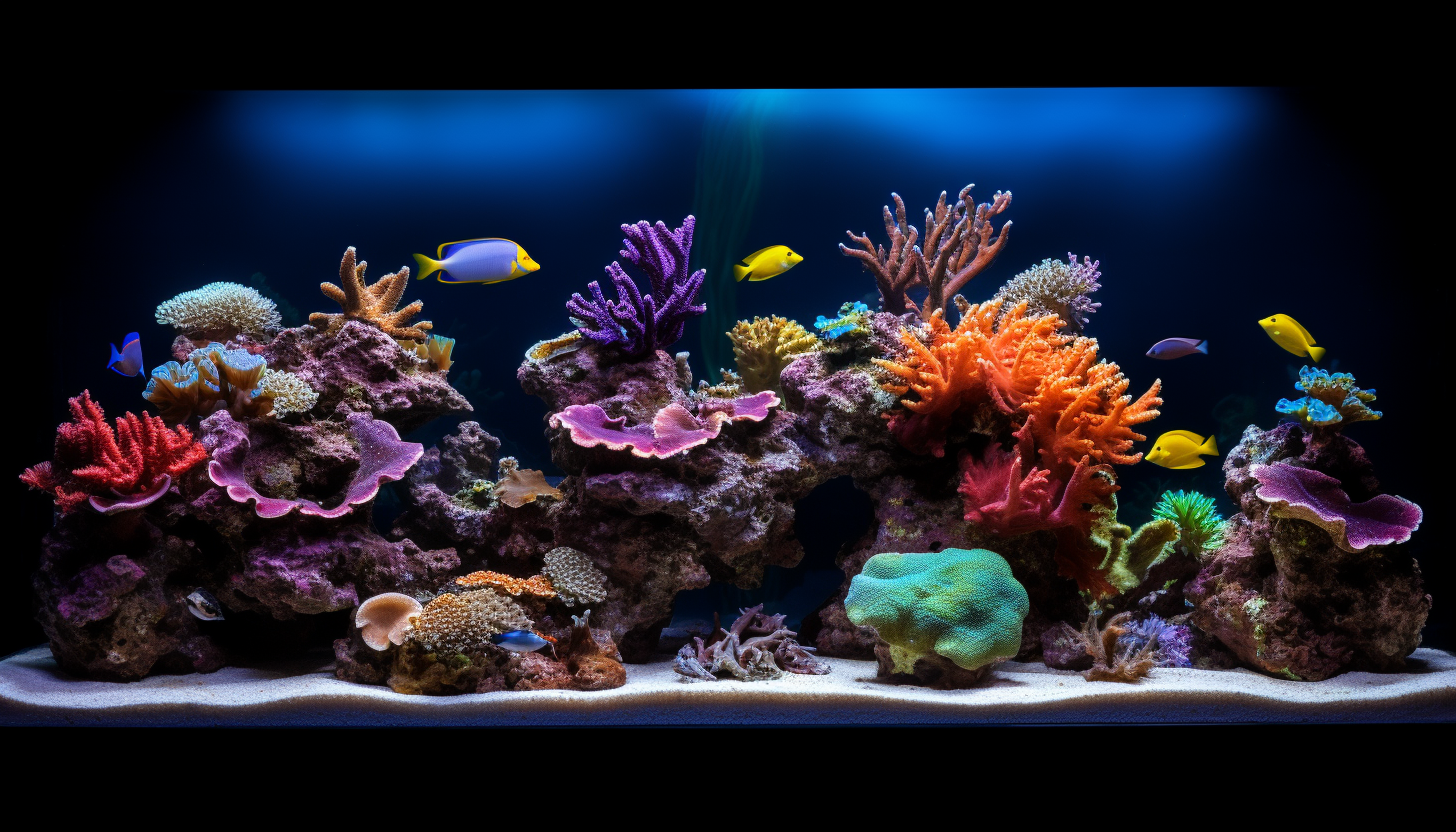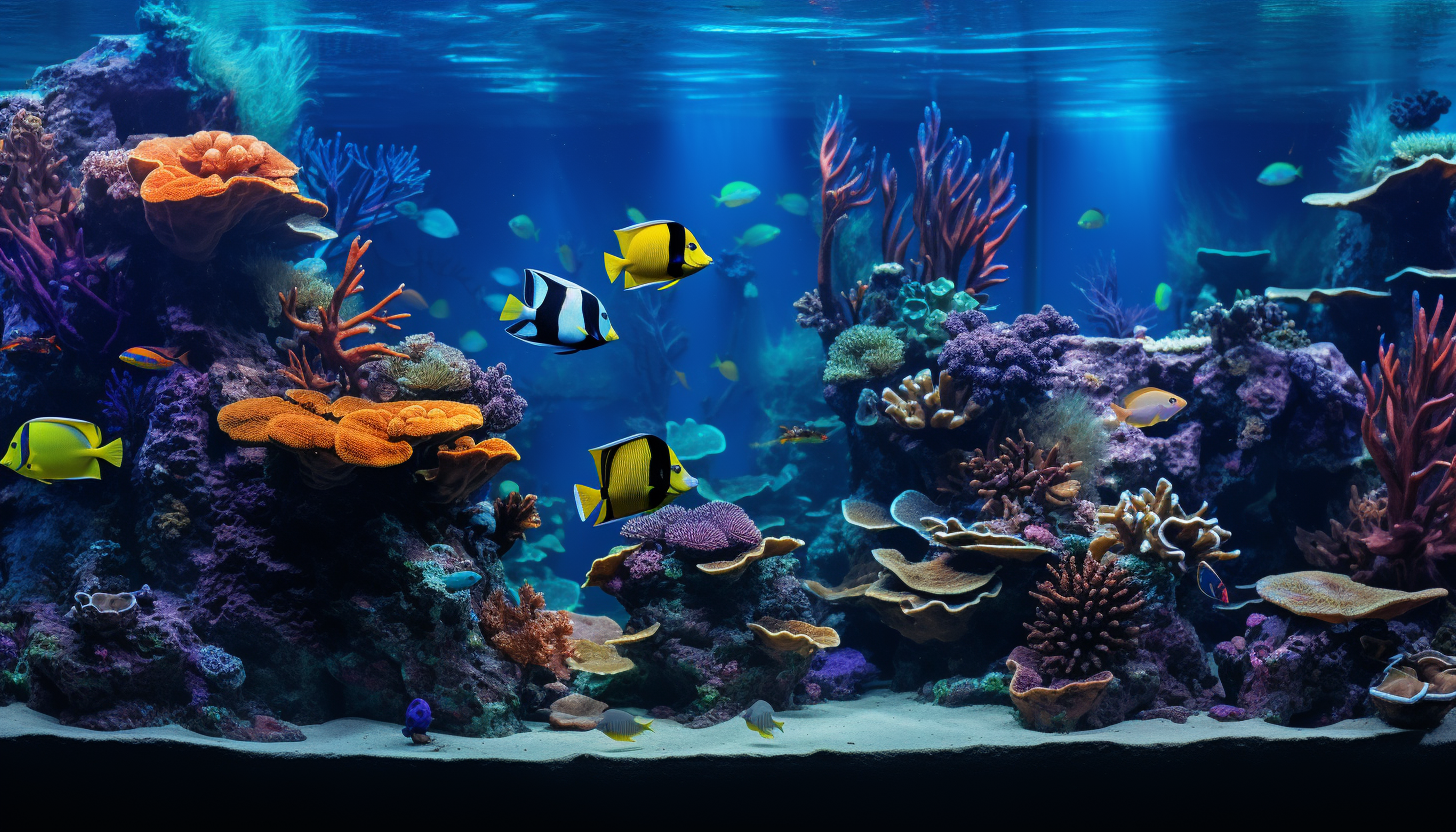Water Testing and Parameters: Key to a Healthy Aquarium
Water Testing and Parameters: Your Guide to a Thriving Aquarium
Regular water testing is crucial for the health of your aquarium. By understanding and maintaining the right water parameters, you create an environment where your marine inhabitants can thrive. Here’s what you need to know about water testing and parameters in your saltwater aquarium.
Why Water Testing is Important
Regular water testing allows you to:
- Catch potential problems early
- Understand the ‘invisible’ changes in your aquarium
- Make informed decisions on water changes, feeding, and adding new inhabitants
Key Water Parameters and Their Ideal Levels
Here’s a rundown of the key parameters you should be testing for in your saltwater aquarium:
- Temperature: 75-82°F (24-28°C). Stability is key.
- Specific Gravity (SG) or Salinity: 1.023-1.025 SG for fish-only and 1.025-1.027 for reef tanks.
- pH: 8.1-8.4. Crucial for the health of all aquarium inhabitants.
- Ammonia, Nitrite, and Nitrate: These are waste products. Aim for 0 ppm for Ammonia and Nitrite. Keep Nitrate under 10 ppm in reef tanks, under 30 ppm in fish-only tanks.
- Alkalinity: 8-12 dKH. Helps stabilize pH and is crucial for coral growth.
- Calcium: 380-450 ppm. Essential for coral growth.
- Phosphate: Less than 0.03 ppm. High levels can lead to algae outbreaks.
- Magnesium: 1250-1350 ppm. Helps stabilize pH and crucial for coral growth.
How to Test Your Aquarium Water
Here are the steps to accurately test your aquarium water:
- Get a Quality Test Kit: Choose a reliable brand and ensure it tests all the key parameters mentioned above.
- Collect a Sample: Use a clean container to collect water from your tank. Mid-depth is usually ideal.
- Follow Instructions: Each test kit has different instructions, so make sure to follow them for accurate results.
- Log Results: Keep track of your results over time. This can help you understand trends and anticipate issues.
How Often Should You Test Your Water?
How often you should test your water depends on the maturity of your aquarium:
- New Tanks: Daily testing is crucial during the cycling process.
- Established Tanks: Weekly testing is generally sufficient.
- If Problems Arise: Daily testing may be needed until issues are resolved.
Adjusting Your Water Parameters
If your test results are outside the ideal levels, it’s time to take action:
- Water Changes: The simplest and most common way to improve water quality. Remember to match temperature and salinity with the existing tank water.
- Additives: In reef tanks, additives may be required to maintain calcium, alkalinity, and other parameters.
- Feed Less: Overfeeding can lead to high nitrate and phosphate levels.
- Review Livestock: Overstocking or incompatible species can affect water quality.
Understanding and managing your water parameters is an essential part of successful fishkeeping. While it might seem complex at first, regular testing and careful adjustments become second nature over time. Remember, at The Reef’s Edge, we’re here to support you on your aquarium journey. Happy testing!
Newsletter Signup
Never miss an article. Get new insights delivered right to your inbox.
